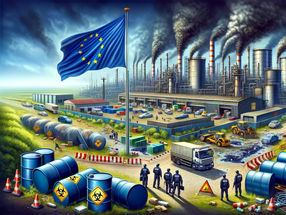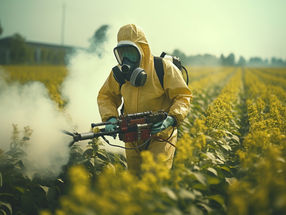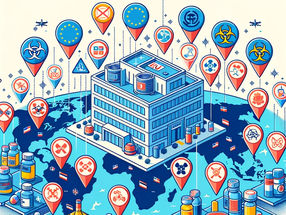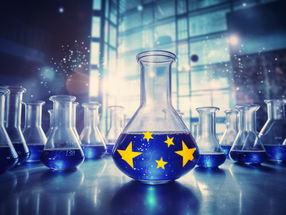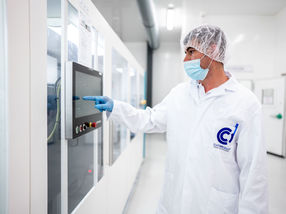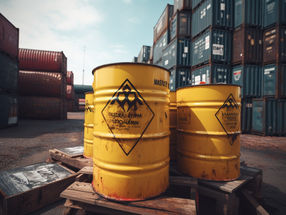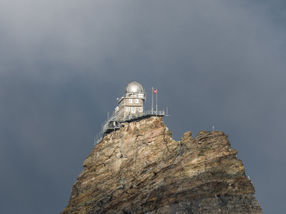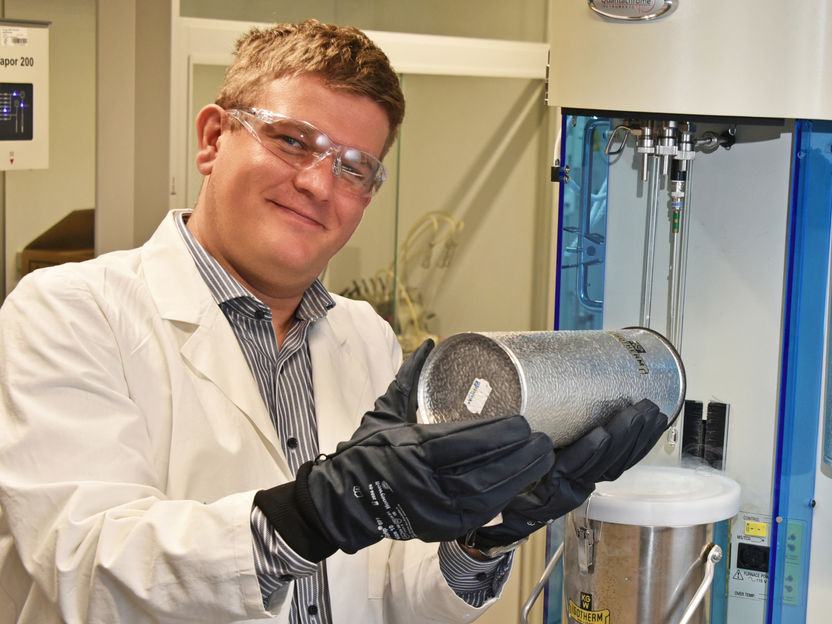BASF and U.N. organizations plan to make dye works more eco-efficient
Pilot project aims to improve the textiles industry in Morocco
BASF is conducting a pilot project with two U.N. organizations - UNIDO (United Nations Industrial Development Organization) and UNEP (United Nations Environmental Program) - to investigate the eco-efficiency of several textile dye works in Morocco. The results are then to be implemented in the form of improvements to production processes. The study will use the eco-efficiency analysis - a tool developed and used worldwide by BASF. The eco-efficiency analysis aims to achieve a balance between environmental and economic factors: In other words to manufacture cost-effective products with the smallest possible amount of raw materials and energy, and to minimize emissions.
BASF has developed a software package in French that will be provided free of charge to Moroccan companies. The program uses key technical data to calculate how the manufacturing process can be improved. As a result, scarce resources can be conserved and the burden on the environment reduced.
The pilot project is part of BASF's active involvement in the Global Compact initiative under the leadership of United Nations Secretary General Kofi Annan. In this initiative, global organizations and companies commit themselves to promote fundamental principles worldwide in the areas of human rights, labor standards and environmental protection. BASF is one of around 50 major companies as well as non-governmental organizations involved in employment, human rights, environment and development that support the Global Compact initiative.
"The aim is to provide companies in Morocco with an effective tool for Sustainable Development. In this way, companies in the textiles industry can set a course toward products and processes that make both business sense and are environmentally friendly," explains Dr. Andreas Kicherer from BASF's Environment, Safety & Energy division. In the course of a visit to Morocco Kicherer visited selected dye works and established in Morocco initial contacts.
The textiles industry with its 200,000 employees plays an important role in Morocco's economy and accounts for 40 percent to exports.
In September 2002, BASF and the United Nations plan to present the results of their project jointly in a case study on the official agenda of UNEP's World Summit on Sustainable Development in Johannesburg.
Further information on BASF's eco-efficiency is available on the Internet at www.basf.de/en/umwelt/oekoeffizienz.
Most read news
Other news from the department politics & laws
These products might interest you

LAUDA.LIVE by LAUDA
LAUDA.LIVE - The digital platform for your device management
Comprehensive fleet management options for every LAUDA device - with and without IoT connectivity

Limsophy by AAC Infotray
Optimise your laboratory processes with Limsophy LIMS
Seamless integration and process optimisation in laboratory data management
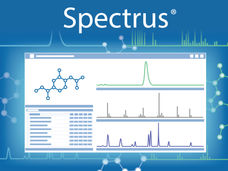
ACD Spectrus Platform by ACD/Labs
Software for Analytical Data Handling in R&D
Standardized Analytical Data Processing & Knowledge Management
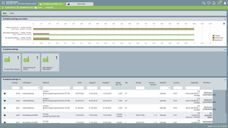
ERP-Software GUS-OS Suite by GUS
Holistic ERP solution for companies in the process industry
Integrate all departments for seamless collaboration
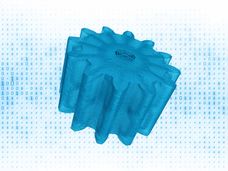
ZEISS ZEN core by Carl Zeiss
ZEISS ZEN core - Your Software suite for connected microscopy in laboratory and production
The comprehensive solution for imaging, segmentation, data storage and analysis

Get the chemical industry in your inbox
By submitting this form you agree that LUMITOS AG will send you the newsletter(s) selected above by email. Your data will not be passed on to third parties. Your data will be stored and processed in accordance with our data protection regulations. LUMITOS may contact you by email for the purpose of advertising or market and opinion surveys. You can revoke your consent at any time without giving reasons to LUMITOS AG, Ernst-Augustin-Str. 2, 12489 Berlin, Germany or by e-mail at revoke@lumitos.com with effect for the future. In addition, each email contains a link to unsubscribe from the corresponding newsletter.










